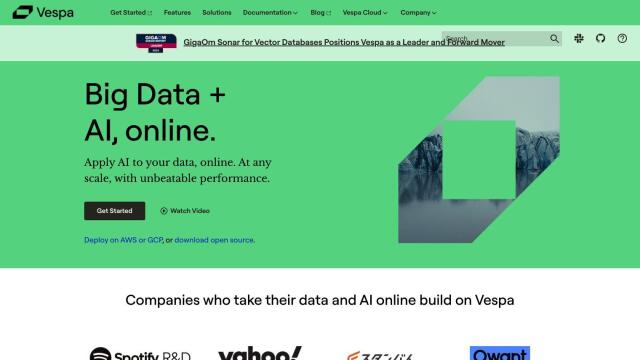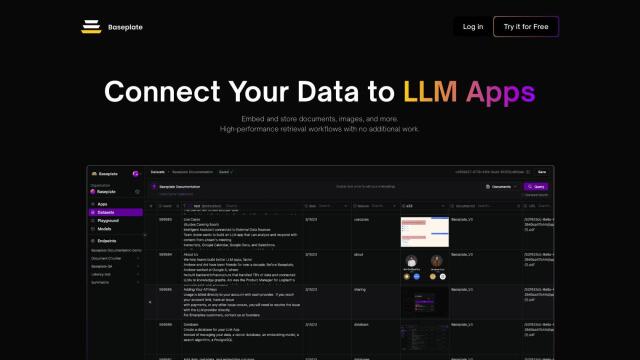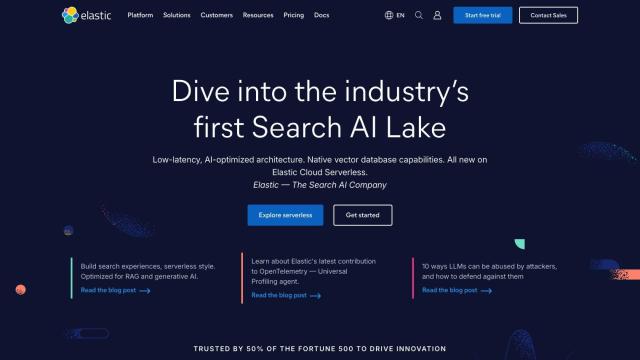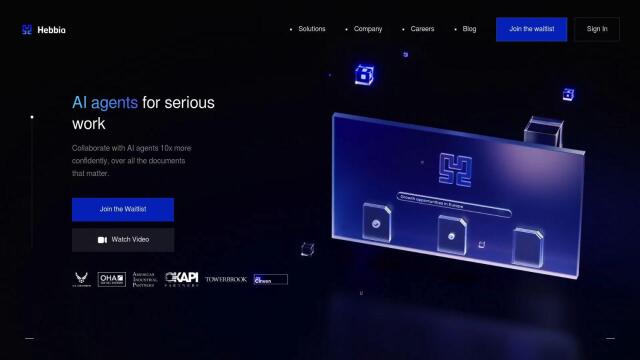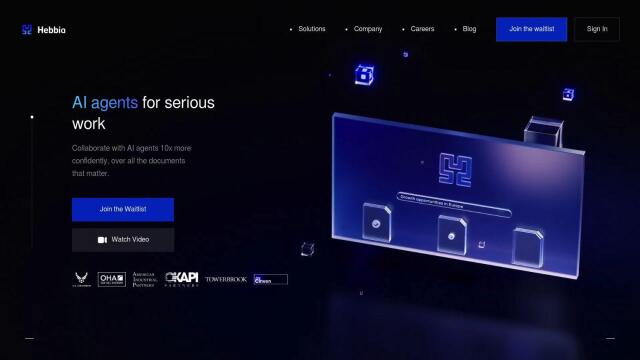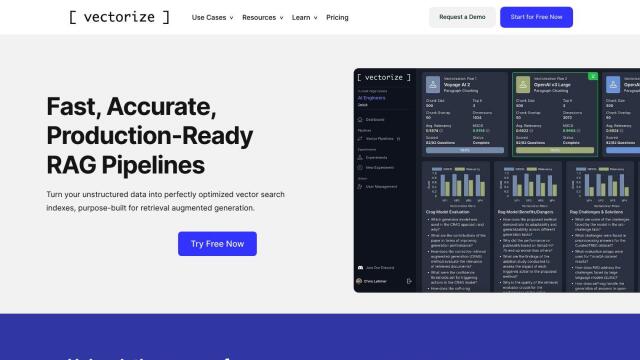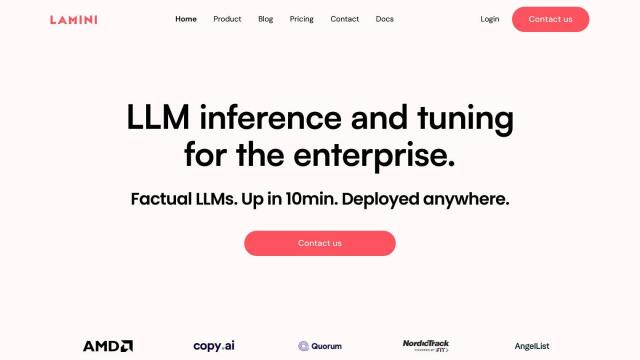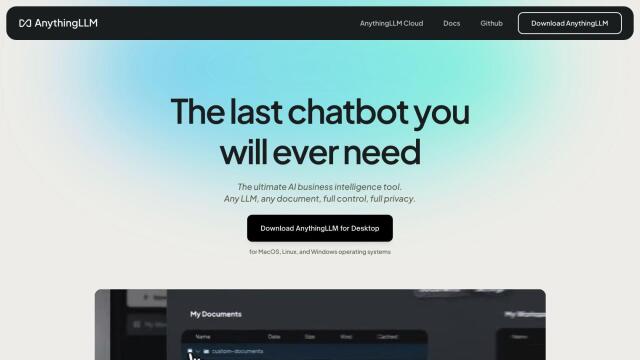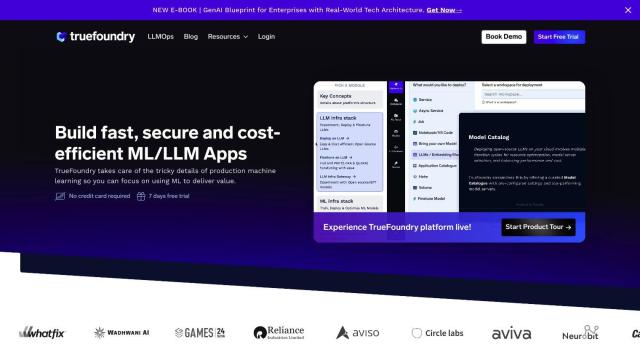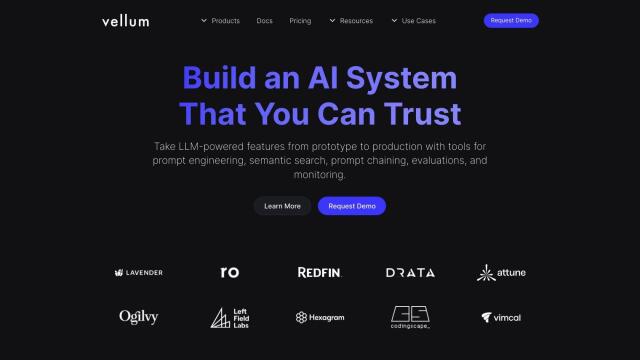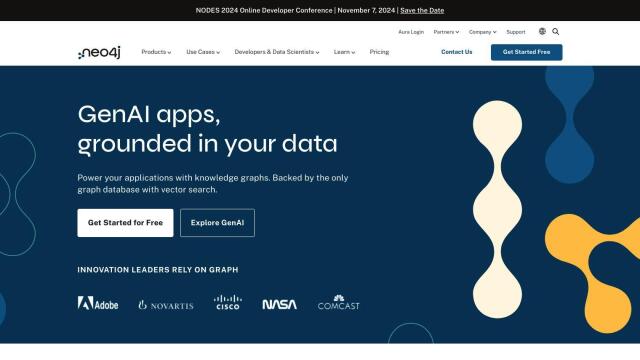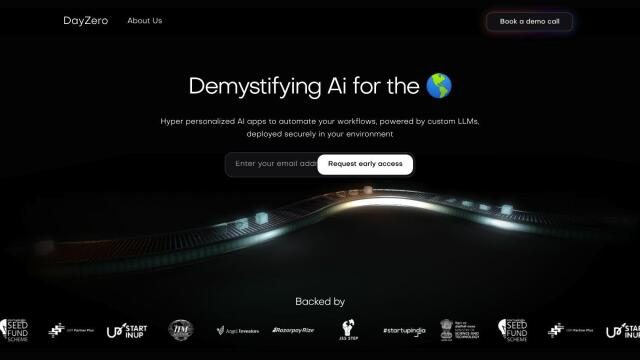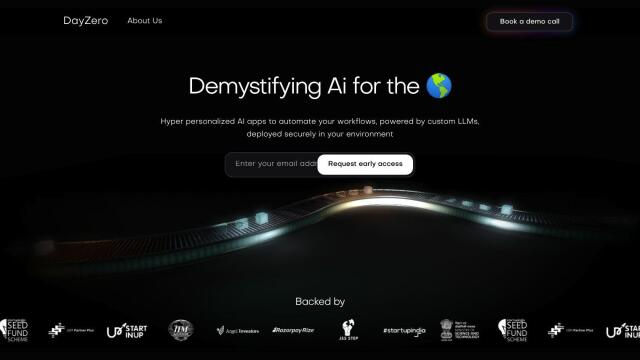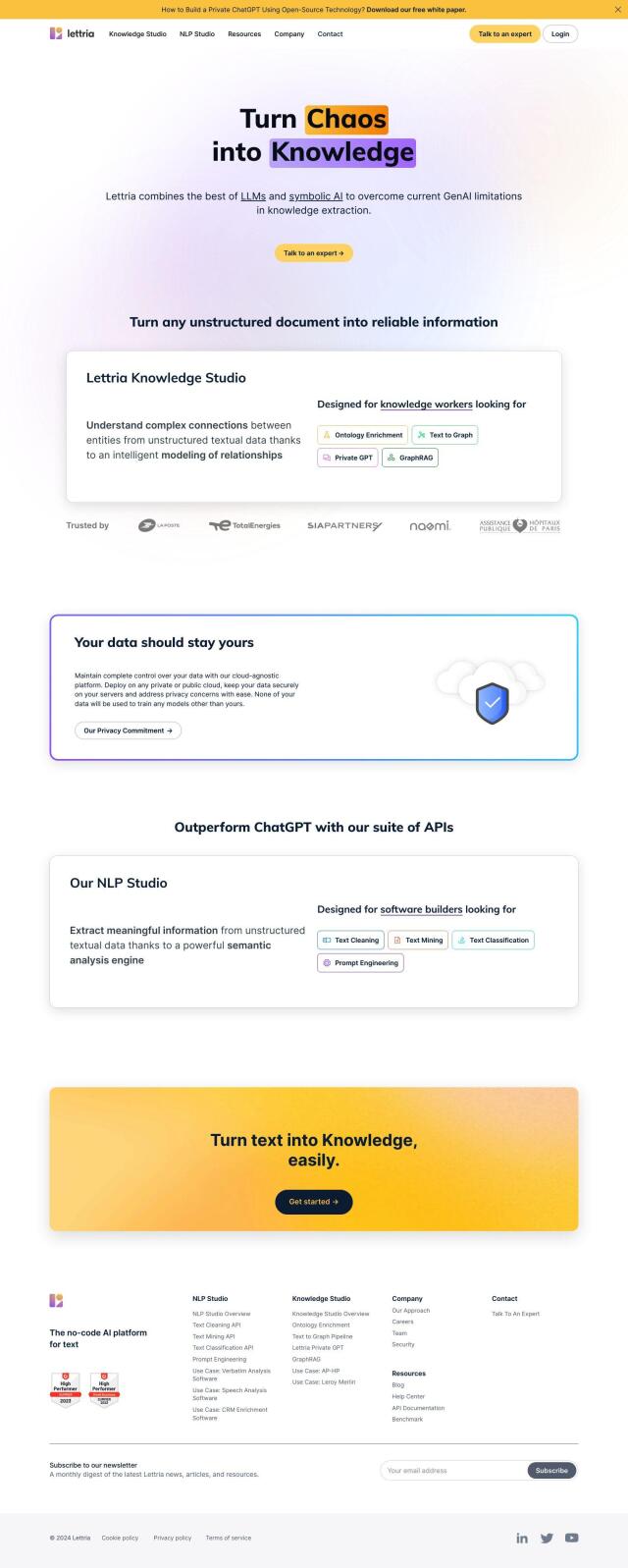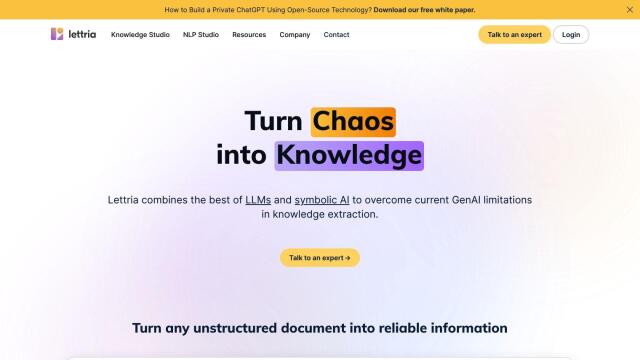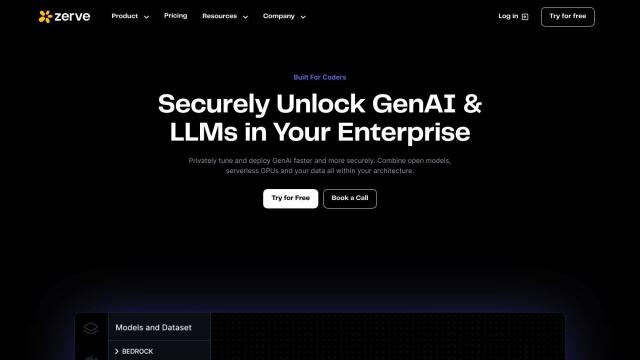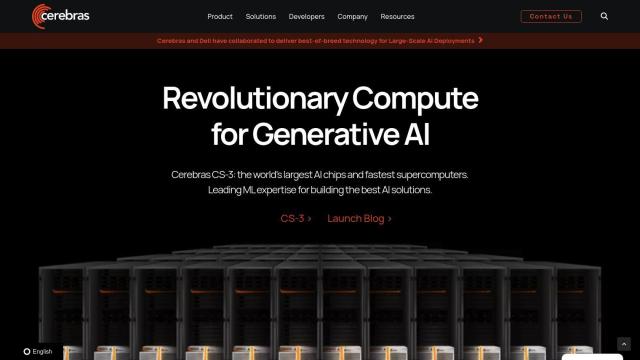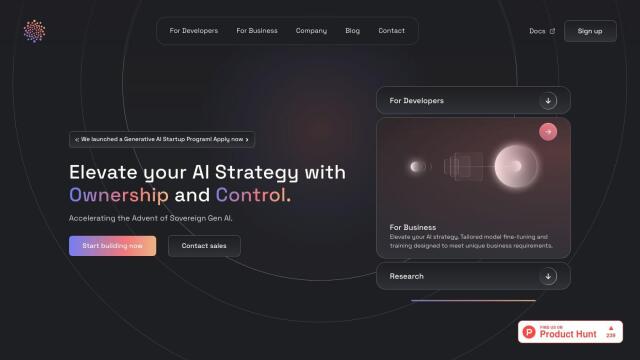Question: Can you recommend a database platform that integrates large language models and vector storage for advanced business insights?
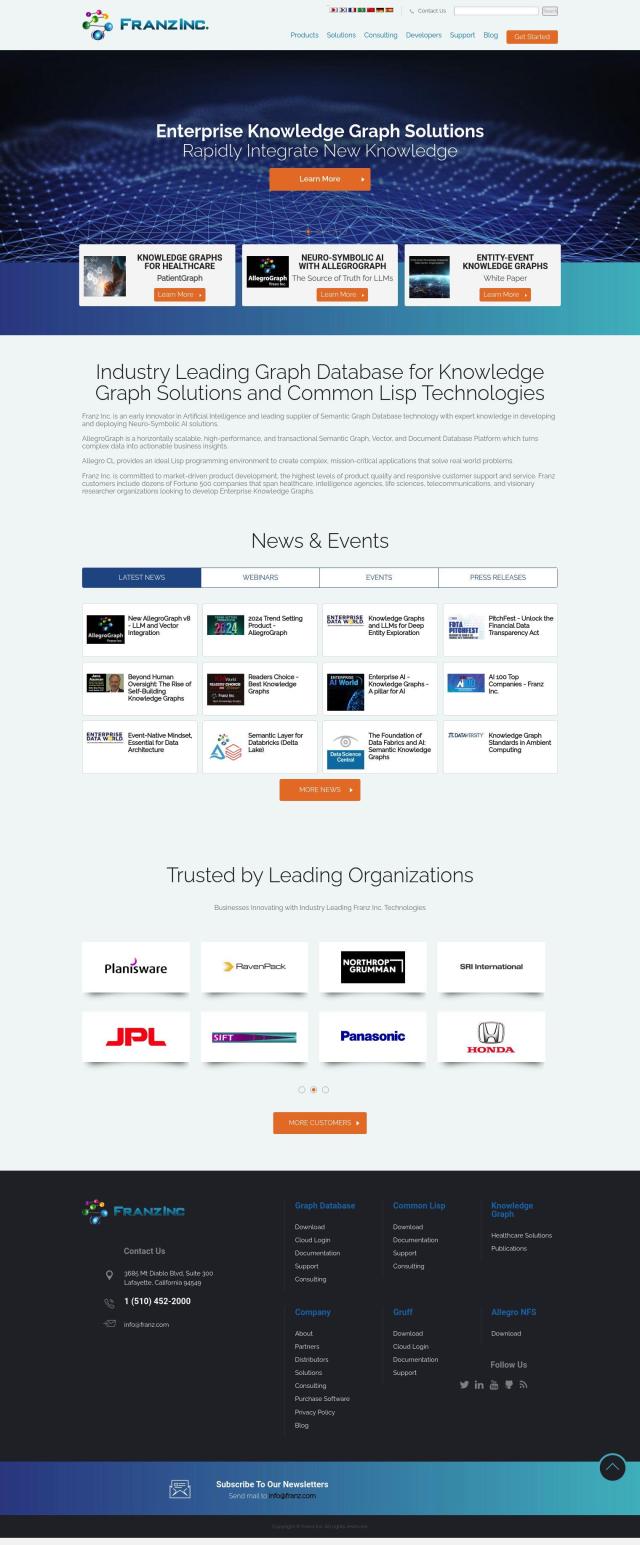
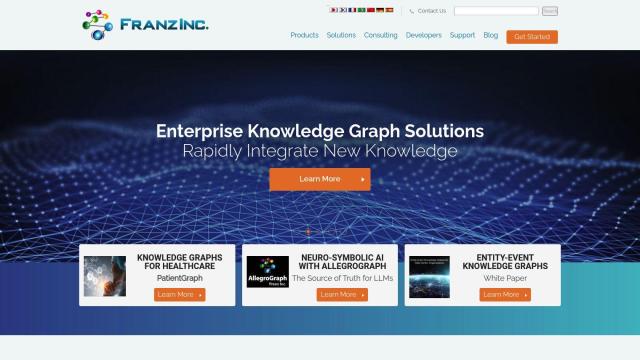
Franz
If you want a database platform that marries large language models and vector storage for new business insights, Franz is worth a close look. Its AllegroGraph is a high-performance, horizontally scalable database that can handle LLMs and vector storage, and it's well suited to industries like health care, intelligence and financial analysis. The company also offers tools like Gruff for visualizing and querying Knowledge Graphs and Common Lisp Tools for building complex applications. Franz also offers strong support and market-driven product development, so it's a good option for enterprise customers.
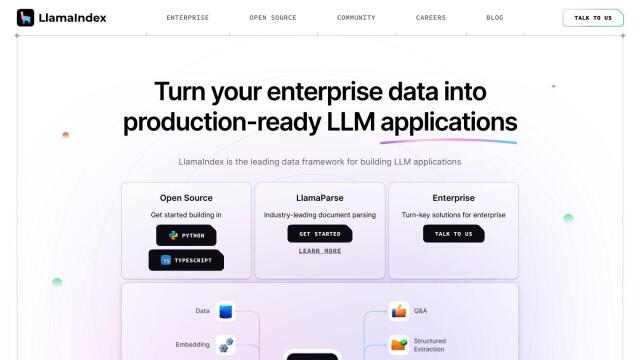
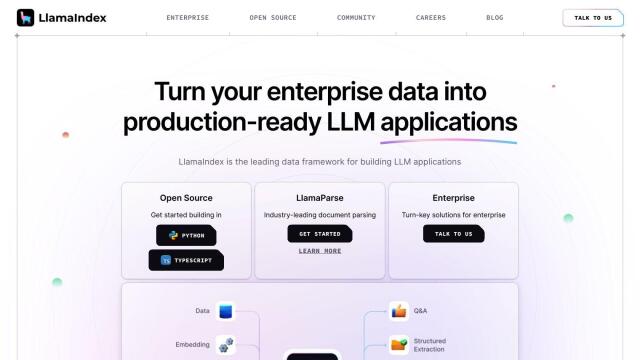
LlamaIndex
Another good option is LlamaIndex, a data framework that lets you easily integrate your own data sources with LLMs. It supports more than 160 data sources and 40 vector stores, document stores and SQL databases. LlamaIndex handles data loading, indexing, querying and performance testing, so it's good for use cases like financial analysis and enterprise search. It also offers a variety of pricing options, including a free tier and enterprise plans, and is actively maintained with an active developer community.

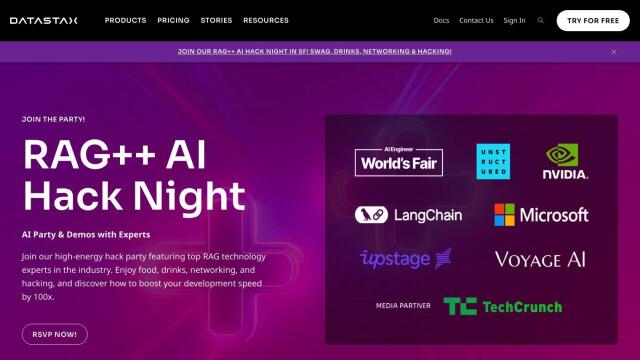
DataStax
For a generative AI stack, DataStax has a strong option built on Astra DB, a top vector database. It can handle both vector and structured data, and it's designed for secure and scalable operations. Among its features are Relevant GenAI, Fast Path to Production and Vector Search, which are designed to provide fast and relevant results. DataStax is designed for a variety of use cases, including generative AI and chatbots, and offers flexible pricing options for projects of different sizes.

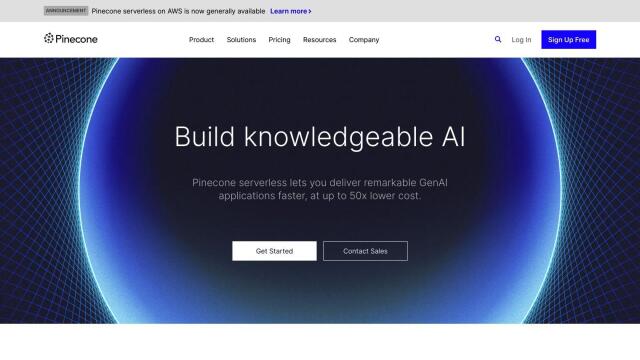
Pinecone
Pinecone is another strong option, in particular if you need a vector database geared for fast querying and retrieval. It's designed for low-latency vector search and real-time updates, so it's good for applications where performance is critical. Pinecone offers scalable plans and integrates with big cloud providers, and it's secure and enterprise ready with SOC 2 and HIPAA certifications.

